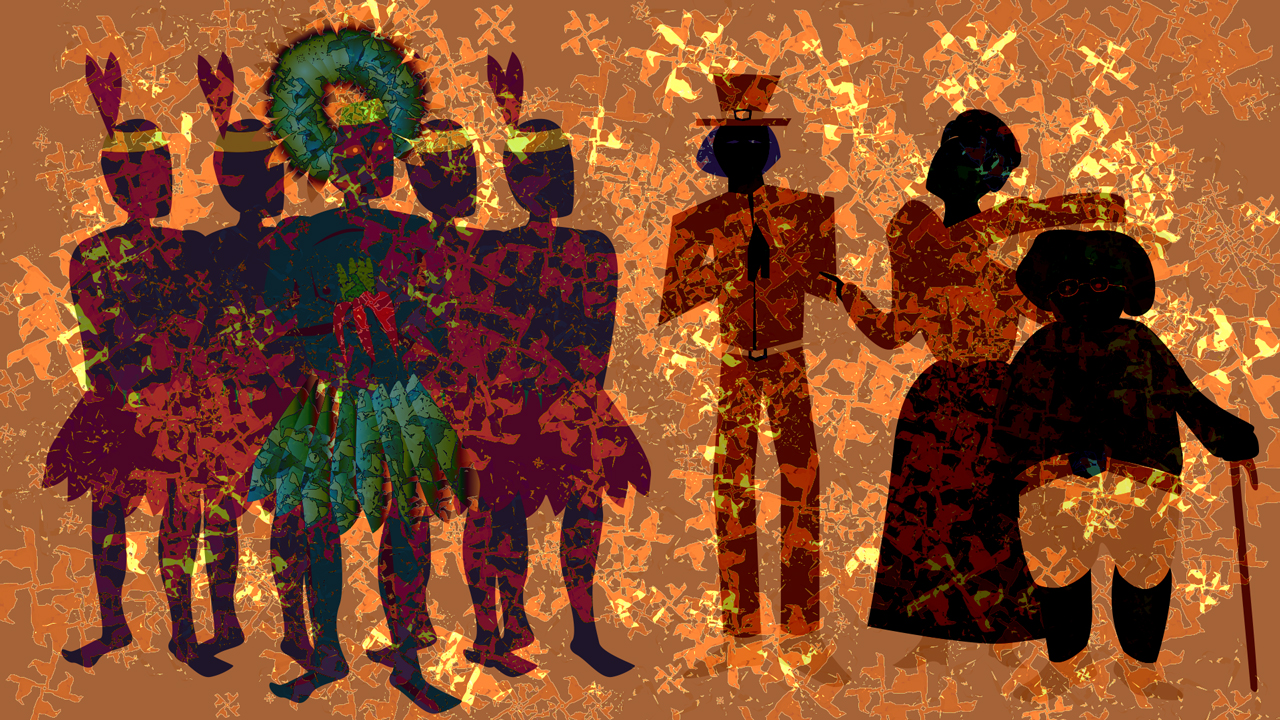When the deconstruction of the concept of principles, themselves, serves as the basis of progress, we are irretrievably lost as a people. Without a central and universally embraced code every act is both permitted and prohibited simultaneously. That is anarchy.
One may argue this is the purest form of freedom and liberty. No rules except the laws of nature. After all, isn’t survival of the fittest also survival of the free-est? Yet, anyone who embraces this idea is either grossly overestimating his own fitness or he is suicidal. What man alone can fight off a group of adversaries? Not one. Tribalism and community essentially arise from such an inevitable hellscape of interpersonal violence. Within that, hierarchy also becomes essential.
Perhaps one envisions a utopian communal state, where everyone agrees there is no ultimate boss, just a flock of social egalitarians on level footing doing their best to contribute to the tribe, and thus ensuring their own personal survival as well as each other’s. The strong man is obviously the physical defender. The weak but clever man is the schemer. Everyone else supporters, to the best of their nature and ability.
But how long until the schemer plots against the defender? Or the strong man pummels the weak into submission or death? The entire viability of the commune hinges on a tense and fragile thread. This is okay, the argument evolves. This is the delicate balance that nature intends and the mechanism that keeps members of the tribe honest in their respective roles. But isn’t even this balance ensured by social policy? Thou shall not kill, perhaps?
And what would inspire a member of the tribe to kill another in the first place? Envy, theft, covetousness? Argue against the prohibition of these inclinations as the formation of principles and once again, the tribe will quickly turn upon itself.
Now the question becomes, cannot the tribe enforce these principles absent of an established hierarchy? Suppose the strongman murders the weak. Wouldn’t the collective necessarily rise to destroy him in order to re-establish peace and order within the community?
It is conceivable if we assume there are no alliances within the tribe. But who would be the one to organize the revolt or carry out the lethal action? Would he not be revered among the group? Would they not look to him first the next time the order was disrupted? Has he earned no merit or deference? One must willfully set aside all they have observed, experienced and learned about human nature to accept the possibility that he would simply return to his previous role, unaltered in perception, as anything but absurd.
Judicial understanding and enforcement is the necessary basis of social hierarchy and it, too, arises naturally from social principles. That is, to trust and defer to the judgement of another. To deconstruct such principles ultimately leads to replacing them with the same. Over and over. The only “progress” made in the process, is the stockpiling of unnecessary and painful casualties in an effort to realize this universal truth for oneself.
